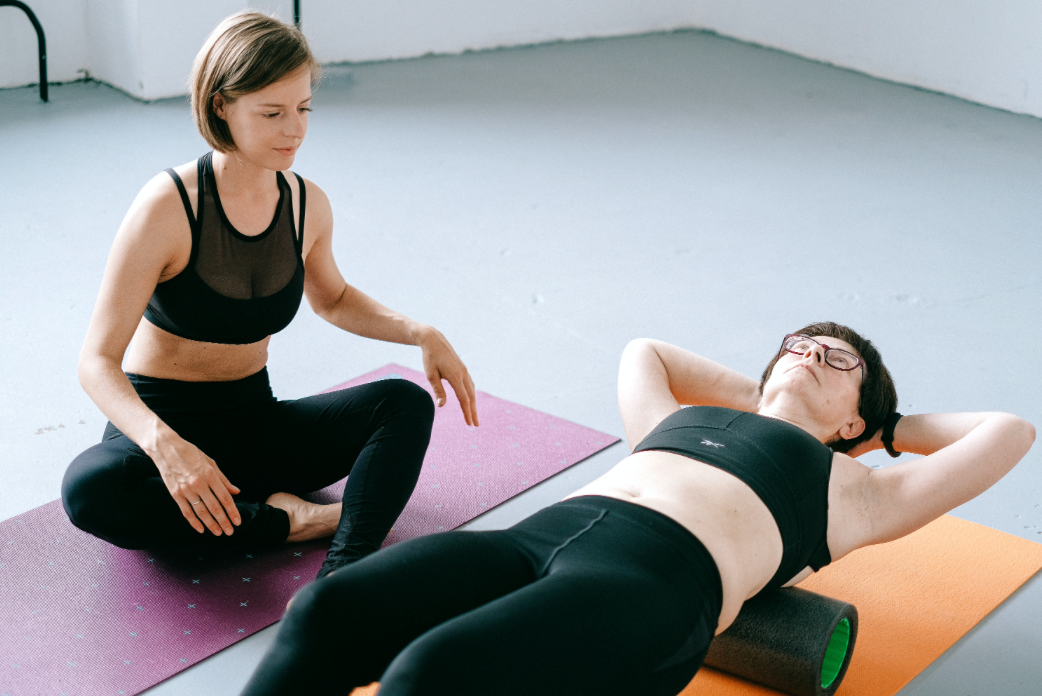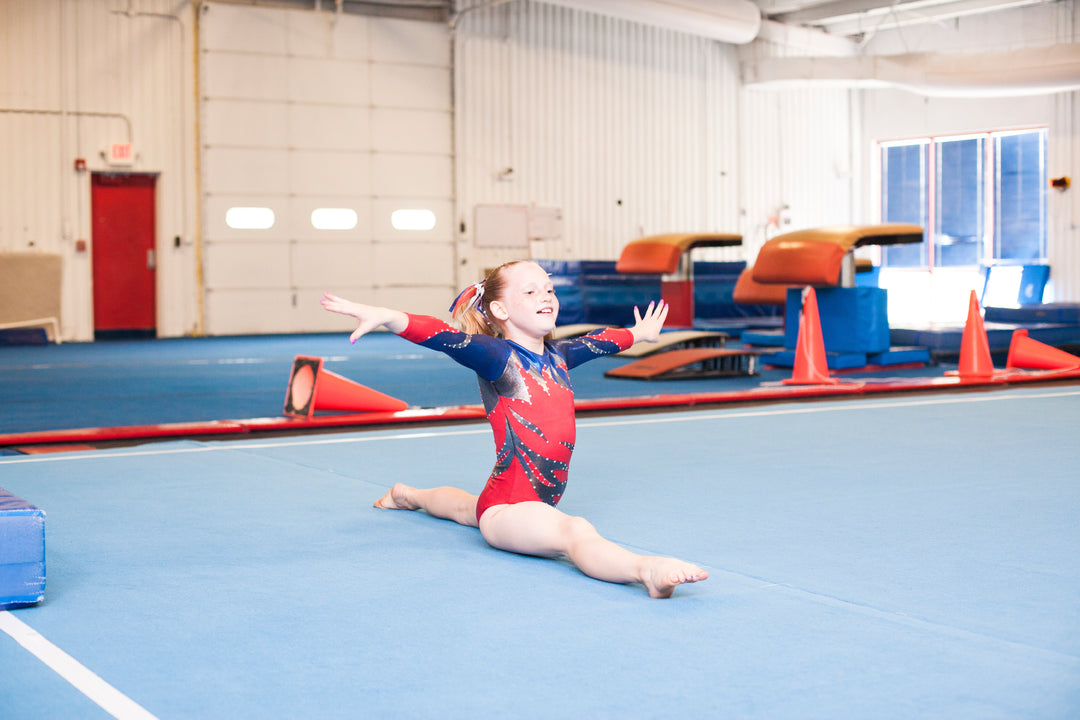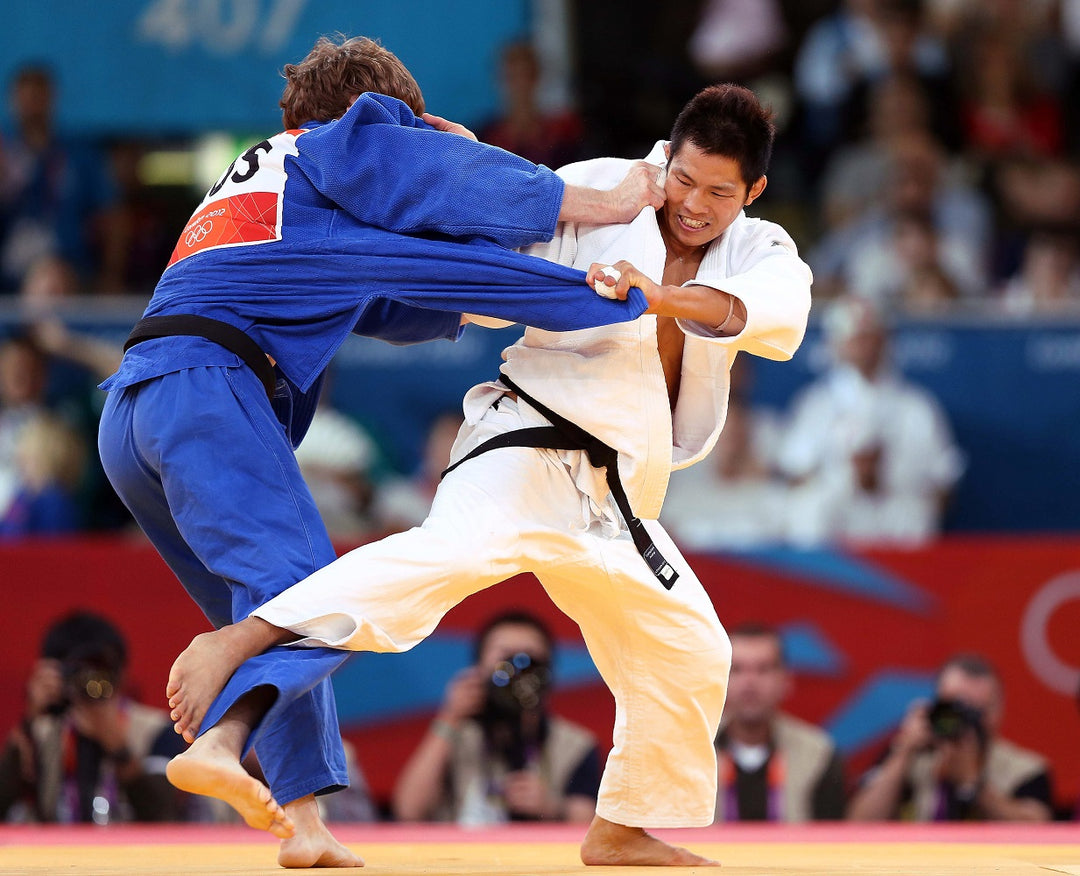A guide to Karate
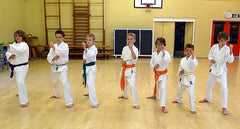
If you or your child is considering taking up Karate, Beemat has put together a comprehensive guide below so you can find the right club to suit your needs.
What is Karate?
Originating in Japan, the art of Karate is practiced primarily for sport and can also be utilised as a self-defence mechanism. Karate incorporates kicking, lunching, elbows and open hand techniques into its movements. The main object is to deflect an attack, so learning how to control disabling attacks that come from directly in front of you. In Karate, punches are directed just below the sternum, a weak point on the body, in a bid to effectively knock the air out of an opponent and disable them.
The benefits of Karate
Karate is practiced by many different types of people for different reasons. Karate can be practiced as a means to get fit, as a way to develop confidence through self-defence, or it can be studied as an art form in greater depth. Whatever your reasons for taking up Karate, it has the means to change your life and effect the way you think, act and live.
Am I too old for Karate?
Karate is a sport that can be taken up at any age - you do not have to be young and fit to take part, nor do you have to be mature. People join karate at any stage of life, and each different age group will inevitably gain something different from the experience.
How do I find the right Karate club?
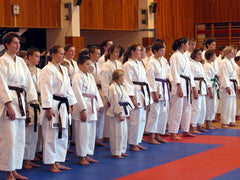
Finding the right club to practice karate is one of the most important aspects and could determine your success or failure at the sport. Many karate schools do not have karate as a main priority and you could find yourself training under someone who has no real experience, or the right qualifications to teach karate correctly and safely.
Below, Beemat has provided a list of some of the points you should look out for when finding the right karate club to suit your needs:
- Is the club affiliated to a major organisation? Look out for the words; JKA, KUGB, ITKF, WKF, SIKF, KWF, NAKMAS, WKGB, KARATE ENGLAND or any other major karate group.
- Is the instructor a qualified Dan grade? The Dan ranking system is used by many martial arts organisations to indicate the level of a person's expertise. Holders of Dan ranks will often wear a black belt, or if ranked higher then a red and white or red belt is worn.
- Attend a class a couple of times - to watch and get a feel for how the classes are run, to ascertain whether you think you would feel comfortable training there or leaving your child in the care of the instructor.
- Make sure the club caters to your interests - people train in karate for different reasons so it's important to make sure the school covers your individual needs. For example, if you are interested in becoming a competitor - are there the right facilities in this school to enable you to reach this goal?
- Is the discipline in the school up to standard? For example, does the karate instructor have the students under control at all times? If not, you may find that too much of your lesson time is being dedicated to disciplining students.
- Ask plenty of questions - you'll be paying good money for the classes so you need to be certain you're getting exactly what you want out of the classes before you pay your membership.
- Do your homework - find out about fees, lesson fees, membership fees, licence fees, grading and course fees etc, then compare and contrast with other karate clubs in the area. But don't necessarily go for the cheapest course either, the quality of the tuition is the most important part, so paying a little extra may mean you get better quality teaching.





